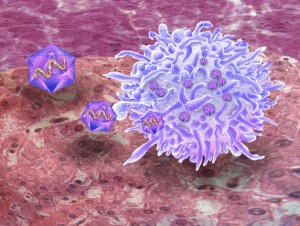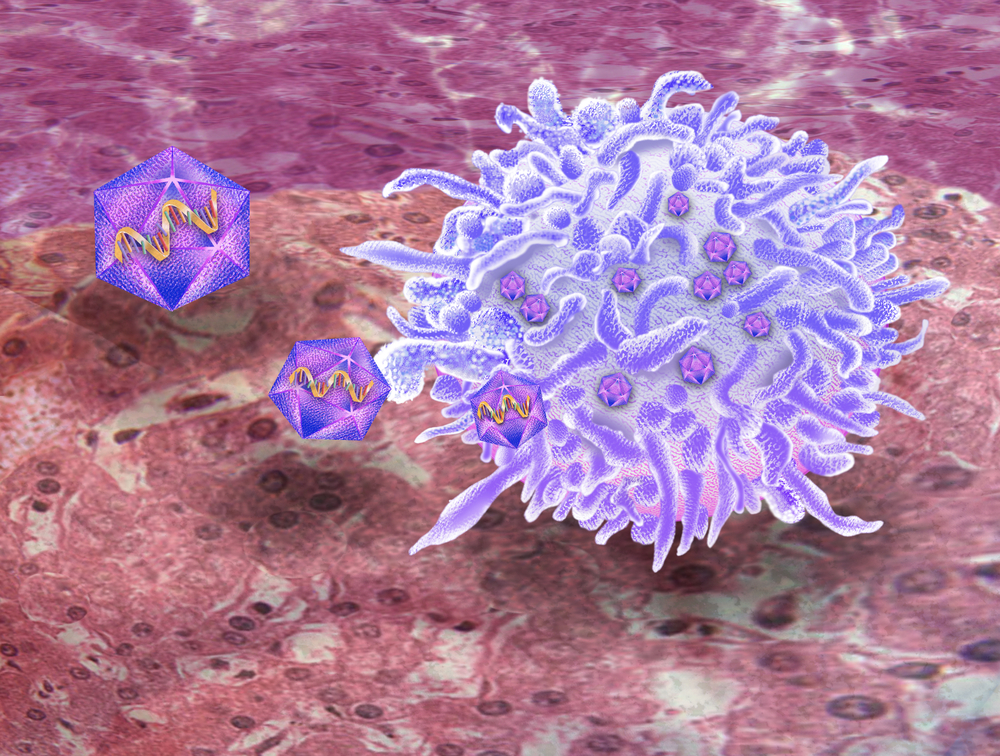 There has been an unresolved medical question regarding prostate cancer treatment in HIV-infected (HIV+) men. Even though it is known these men face cancer treatment disparities that impact outcome, the appropriate medical care in these patients remains unknown.
There has been an unresolved medical question regarding prostate cancer treatment in HIV-infected (HIV+) men. Even though it is known these men face cancer treatment disparities that impact outcome, the appropriate medical care in these patients remains unknown.
To address these topics, a team of researchers from the Northwestern University Feinberg School of Medicine, Chicago, IL, lead by Dr. Adam B. Murphy, recently published their results titled “Are HIV-Infected Men Vulnerable to Prostate Cancer Treatment Disparities?” in the Cancer Epidemiology, Biomarkers & Prevention journal.
Researchers used an electronic chart review to design a retrospective cohort study. From 2001 to 2012, the team analyzed a total of 43 HIV+ patients with prostate cancer, along with 86 age- and race-matched HIV-uninfected (HIV−) controls with prostate cancer (with ages ranging from 40 to 79 years). Using the National Comprehensive Cancer Network guidelines the appropriate treatment was defined. Furthermore, the Charlson comorbidity index (CCI) was the reference used to estimate life expectancy.
The results demonstrated that men were diagnosed with prostate cancer at a median age of 59.5 years and the median CD4 T cell count (the immune cell infected with the HIV virus) was 459.5 cells/mm3 (the average CD4 count for a healthy individual ranges from 500 cells/mm3 to 1,200 cells/mm3, while in an infected individual can be less than 200 cells/mm3).
Among the infected patients, 95.3% received antiretroviral therapy and 87.1% were virally suppressed. Furthermore, radical prostatectomy was the primary treatment for 39.5% of HIV+ and 71.0% of HIV− men, with only 16.3% of HIV+ versus 57.0% of HIV− men receiving open radical prostatectomy. Of note, the authors concluded that 25.6% of HIV+ men received radiotherapy, comparing with only 16.3% of HIV– subjects.
If a patient was infected with HIV, he was less likely to receive an open radical prostatectomy. Even though no men were undertreated, fewer HIV+ men received appropriate treatment when compared with to HIV– men. Still, the authors concluded that, “Prostate cancer in HIV+ men is largely appropriately treated. Under- or overtreatment may occur from difficulties in life expectancy estimation. HIV+ men may receive more radiotherapy and fewer radical prostatectomies, specifically open radical prostatectomies” The authors note that future research should address HIV/AIDS survival indices, etiologies and outcomes, regarding prostate cancer treatment disparity in HIV+ men.

